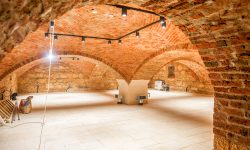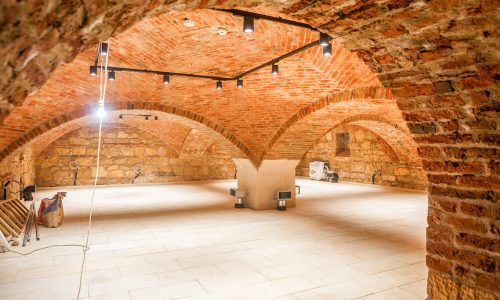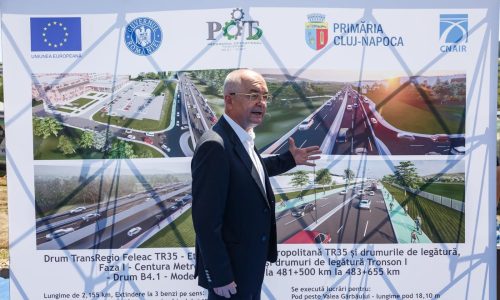In a significant move concerning Cluj-Napoca's urban development, the City Hall has announced the extension of the deadline for the tender process of its ambitious Metro Line M1 supervision contract. The new deadline, set for January 12, 2024, marks a shift from the earlier set dates, initially planned for early November and later pushed to December. This development was confirmed by multiple sources, including Economedia and Transylvania Today.
The Metro Line M1 project, pivotal for the second-largest city in Romania, is financed under the National Recovery and Resilience Plan (PNRR) and represents a major step in the transportation sector, with the contract valued at 211 million RON (approximately EUR 42.4 million). However, this postponement might lead to potential challenges in meeting the PNRR's stipulation that requires all contracts to be signed by the end of 2023.
The project signifies a significant development for Cluj-Napoca, which has experienced rapid growth in recent years. The metro line, with a total cost of 9 billion RON (around EUR 1.8 billion), of which 1.5 billion RON comes from PNRR funds, aims to address the increasing traffic congestion and meet the growing transportation needs of the city and its surrounding areas. The plan includes 21 stations and an estimated completion period of eight years. The consortium formed by Gulermak (Turkey), Alstom, and Arcada will oversee the construction, with Gulermak bringing in their experienced team from the Dubai metro project.
Recently, Mayor Emil Boc addressed the international community in Cluj-Napoca at the “Meet the Mayor” event. The event, covered by ViaCluj.TV, was an opportunity for expatriates and international residents to directly question Mayor Boc on various city-related issues. Key concerns raised included Cluj's traffic congestion, the administrative organisation in Romania and plans for regional development.
The Metro Line M1 is expected to not only improve the city's transportation infrastructure but also enhance the accessibility to the new Regional Emergency Hospital. The route will cover various sections across Cluj-Napoca, including the West, Centre, and East sections, with a combined length of 21.03 km and 19 stops. The project's funding combines various sources, including non-reimbursable external funds, the Romanian state budget, and local budgets.
You can read more about this topic in Romanian on Economedia, Transylvania Today.



